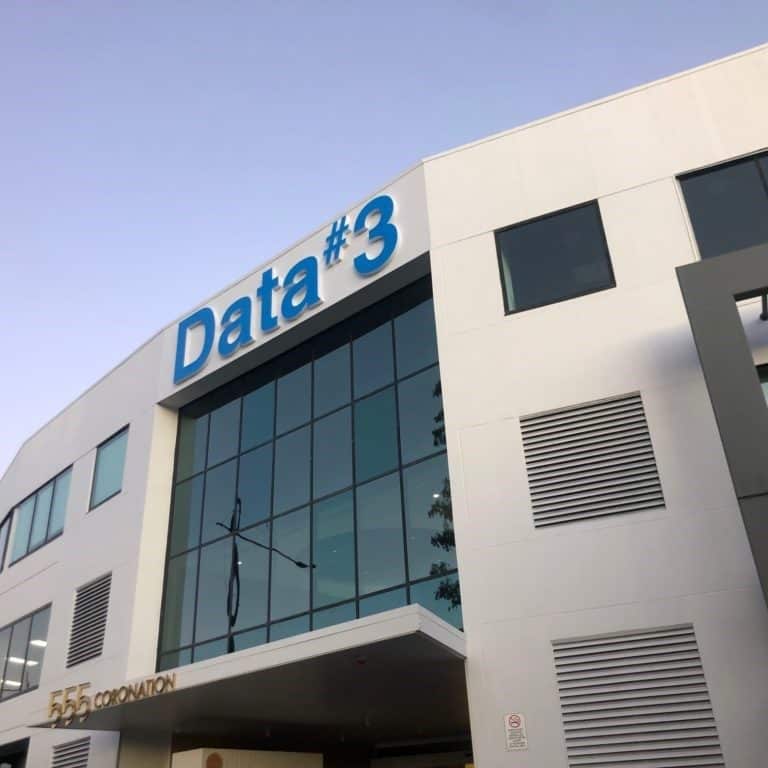In today’s fast-paced business landscape, organisations need to constantly evolve and adapt to stay competitive. This often involves implementing complex transformation initiatives that encompass various aspects, including technology, processes, and people. However, embarking on such change without a transformation strategy & planning can lead to high failure rates. This is where Business Aspect’s systematic planning approach for transformation strategy and planning comes into play, providing detailed and specific plans to guide organisations through their transformation journey.
Our Transformation Strategy & Planning Process
At Business Aspect, we believe that successful transformation starts with a clear and comprehensive strategy. Our approach begins with developing a transformation strategy that encompasses the current state of the organisation, including its capabilities and identification of strategic issues that need to be addressed. We also conduct research to understand how other organisations have approached similar problems, helping us develop a future vision for you.
One key aspect of our approach is identifying the business and technology capabilities that are required to achieve the desired transformation. This involves a thorough analysis of the organisation’s current capabilities and identifying the gaps that need to be filled. Based on this analysis, we develop options for how to deliver these capabilities, taking into consideration factors such as feasibility, impact, and timeline.
In addition, we define the future and intermediate target states for the organisation’s capabilities, creating a roadmap that outlines the timeline and sequence of activities required to achieve the transformation goals. This roadmap serves as a guide for the organisation’s leadership and stakeholders, providing a clear direction for the transformation journey.
Once the transformation strategy is defined, we shift our focus to developing a detailed plan. This plan includes identifying the stages of delivery and intermediate target state goals, as well as developing a current state enterprise architecture model of the impacted areas. This model encompasses various aspects, such as business services, business processes, business capabilities, organisational structure, data model, information systems, integration, and infrastructure architecture.
Next, we define the target state enterprise architecture, which serves as the blueprint for the desired end-state of the organisation’s transformation. This includes identifying the changes required in the various aspects of the enterprise architecture to achieve the transformation goals. All these aspects are then incorporated into a comprehensive program plan that outlines the timeline, resources, and dependencies of the transformation initiative.
Communication is a crucial element of our approach. We understand that effective communication is essential to gain stakeholder buy-in and ensure smooth implementation. Therefore, we emphasise clear and timely communication of the transformation strategy and plan to all relevant stakeholders, including the organisation’s leadership, employees, and other key partners.




